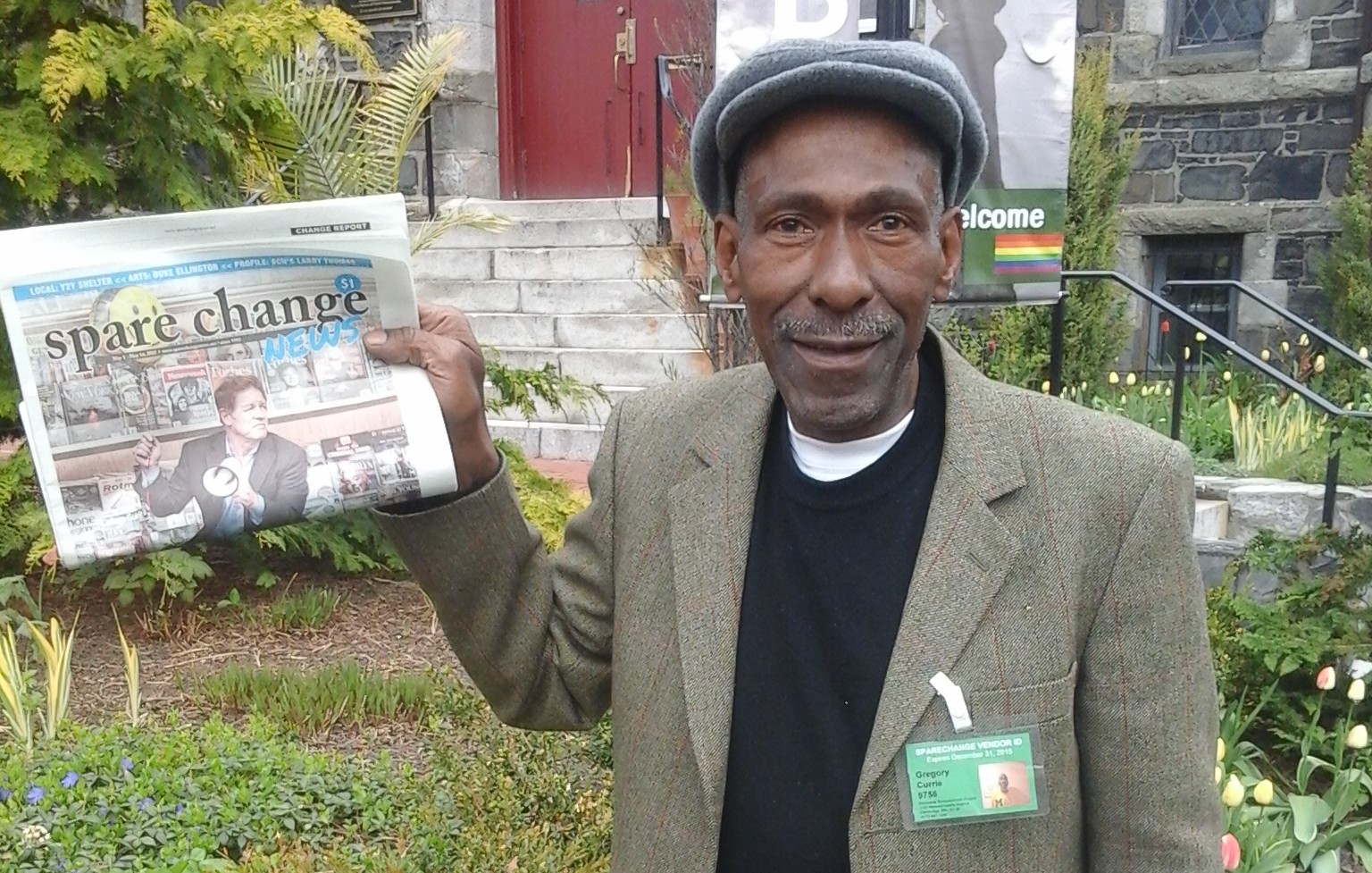When Gregory Currie said he came from a political family, I had no idea he was the son of Jackie Currie, a woman described as a “Detroit legend” after serving many years as Detroit city clerk and Wayne County commissioner. As he was growing up, Currie sometimes felt like he was being groomed to be the mayor of Detroit, as both his parents were fervent Democrats and he was introduced to some of the biggest names in the Civil Rights movement, including the King family.
“My family knew many of them,” he says when I press him for names. “The Kennedys, the Clintons and Jimmy Carter.”
While his family was politically progressive, they were also fairly conservative at home. The strictness of his parents and their desire for him to succeed sometimes made him feel like he was “living two lives.” He went to Catholic school throughout his childhood and progressed from being an altar boy to a priest’s assistant. On days when he wanted to play outside, he was often expected to study, and when he asked his father for toy guns to play with, guess what he got? A science kit.
“My people had high expectations,” he says, admitting it was a kind of double-edged sword. While it helped him to be studious and disciplined, it could also be fairly oppressive.
It’s no surprise, then, that when Greg came of age he rebelled a little and became a bit of a party animal. Greg could be found at all the best parties in Detroit, rubbing shoulders with some of the hottest stars of Motown. At the same time, he became a member of the Men’s Union Board at Western Michigan University, was president of his fraternity and even became Homecoming King. As he points out: “I wanted to be free while still having an aspiration to be a politician.”
While still living in Detroit, Greg discovered one of his greatest passions: fashion. Although his parents “tried to steer [him] into politics and working in the community,” his instincts led him to fashion and music. This began when he was a teenager, working at a furrier. It was there he discovered the pleasure of owning a fur coat. Later, when he moved to Boston, he worked at Armani on Newbury Street and was pleased, to say the least, when he was given an allowance and got to wear anything he liked.
When I ask him what his favorite item of clothing is of all the ones he’s owned, he says: “A Claude Montana jacket.” The story goes that his friend, who was a designer, called him up one day and told him there was an exceptionally rare but incredibly expensive navy leather jacket featuring a large belt (all the other Claude Montana jackets were either black or brown at that time). Rather than spending his money on a sports car or something similar, Greg splurged and got the jacket.
“I’ve always liked Humphrey Bogart’s style,” he says.
Greg has had his ups and downs. He’s tasted the good life and has also struggled. He’s now living at the Woods-Mullen Shelter on Massachusetts Avenue in Boston and sells Spare Change News at his old stomping grounds on Newbury Street. One of the blessings of Woods-Mullen is that it’s an accepting shelter and Greg is inspired by the diversity of characters who live there. Looking back on his past, he may feel like he “took things for granted,” but it sounds to me like he’s lived a full life.
Selling Spare Change News can be a humbling experience for Greg, but it’s also helped him to connect with the homeless activist community. He cites James Shearer and the director of the shelter where he’s living as two people who are “trying to bring things together.” While he has had “too many personal things going on to be as involved as [he’d] like,” he did attend the Boston March and Rally of the Homeless a few weeks ago, joining those who were demanding beds for the people displaced from Long Island.
Greg has led a fascinating life and is a great person to stop and talk to if you’re ever passing near his old Armani store on Newbury Street—the same spot where Zara is now.

Leave a Reply
You must be logged in to post a comment.